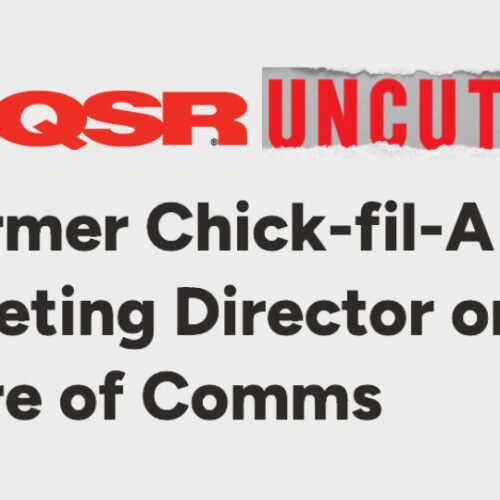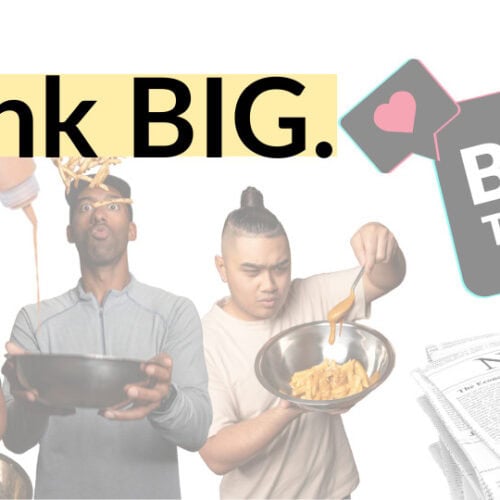There’s an abundance to be said about the challenges of a multigenerational workplace. There are countless articles that address the difference between millennials (those born since the early 1980s), Generation X (born in the mid-1960s to early 1980s) and Baby Boomers (born between 1946 and the mid-1960s) in the workplace. Everyone from the C-suite, to marketers and forward-thinking brands are trying to find the best approach for gaining attention and working best with millennials.
But should we really be investing valuable time, energy and resources to engaging millennials?
My friend Mary Rose McGuire started a discussion last week that addressed NPR’s recent piece on why millennials hate voicemail and prefer texts or email instead. As a millennial, I am very much in line with the preference of skipping voicemail and just calling someone back or sending a text. Why? It just seems more practical and effective.
Whether you agree or not — I’m not alone in this way of thought. Millennials value pragmatism, meaning: If it doesn’t make sense to me (read: seem like the most effective method), I will choose the path that makes more sense to me at the time.
This is a valuable insight for business owners and leadership within your organization as you consider engaging and leading millennials.
Why Millennials Matter and the Reason We Can’t Be Ignored
As a business owner (and a 29 year old millennial), I have quickly come to recognize the value of team building, regardless of its inherent difficulty at times. Our organization has a purposeful bent toward better understanding each other both individually and as a team. We’re also a team completely made up of millennials.
We take personality tests and discuss non-work related topics like TV, leisure and reading preferences. This isn’t just a feel-good tactic. The ROI on these team building activities has ranged from immediate to short-term tangible increases in productivity, team work, client satisfaction, team satisfaction and overall effectiveness as an organization.
As a business owner or part of the leadership team within your organization, it would be an costly oversight to think that millennials should just ‘figure it out’ or to continue your business and team structure as it has been. This view is closed-minded at best and at worst, it’s an extremely poor business decision and here’s why:
Millennials represent the largest generation and will soon be the largest generation engaged in the workforce. Millennials bring with them significant buying and decision making power, already representing the largest group of smartphone owners and top car buyers. Millennials are pragmatic and highly esteem value. If you don’t invest in them and create an environment conducive to their growth as individuals and professionals — they will leave your organization for greener pastures — and they will do so with little to no remorse.
Leading Millennials: We Want to Work Together
As a millennial, I can say that I highly value the mentorship, success and life-experience of those further along in life. However, with a world moving faster than a trending Twitter hashtag, it can be easy to get caught in the bright shiny things and diminish the value of the older generations — especially when it seems they haven’t kept up in the latest tech or social media trend.
As an employer or leader within your organization, it’s essential to the success of your organization that you advocate for understanding between the generations, specifically in leading millennials. Evaluate your current on boarding and team engagement strategies for where you may need to hone focus and bridge the generational gap.
Remember, it’s a challenge on all sides but the Gen X, Baby Boomer and Millennial generations do each value recognition, individualism, achievement and unity. Survey your team. Host one-on-on interviews and team discussions. Bring on an expert to help evaluate your process. Act now because although it is possible to craft a bridge that will connect the generations, the longer we wait to begin construction, the more costly it will be for your organization.




